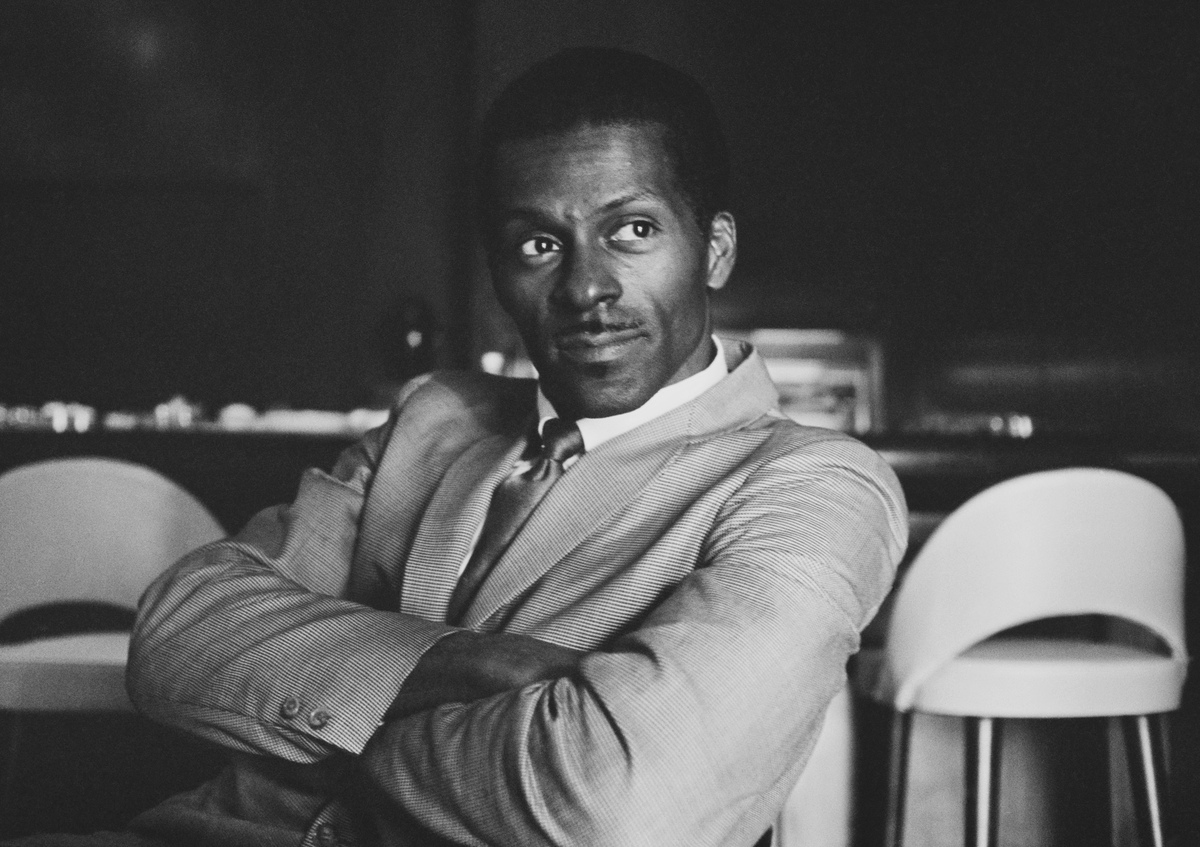1200w,https://media.npr.org/assets/img/2022/12/13/chuck-berry-by-gettyimages-1027704934custom_custom-0d77a82eb67ec76a8c375aa14e62aa2cd5f7f64f-s1600-c85.jpg 1600w,https://media.npr.org/assets/img/2022/12/13/chuck-berry-by-gettyimages-1027704934custom_custom-0d77a82eb67ec76a8c375aa14e62aa2cd5f7f64f-s1800-c85.jpg 1800w" sizes="(min-width: 1300px) 763px, (min-width: 1025px) calc(100vw - 496px), (min-width: 768px) calc(100vw - 171px), calc(100vw - 30px)" type="image/jpeg"/>
Chuck Berry is one of the early rock and roll artists who were inspired by Latin music. Terry Fincher/Getty Images hide caption
toggle caption Terry Fincher/Getty Images
Chuck Berry is one of the early rock and roll artists who were inspired by Latin music.
Terry Fincher/Getty Images
Can you hear the cha-cha-cha in The Rolling Stones' "(I Can't Get No) Satisfaction"? Or the mambo in Ray Charles' "What'd I Say"? This week, Alt.Latino revisits a classic episode from 2019 and takes a closer look at the Cuban roots of rock and roll.



 Live Radio
Live Radio